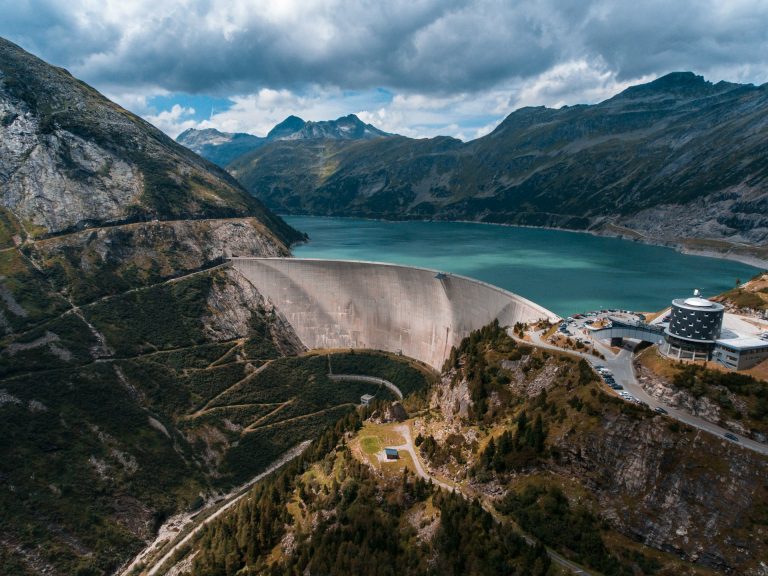Dams and reservoirs can have both positive and negative economic, environmental and social impacts.
The construction of a dam can result in the generation of hydroelectric power. This can help meet electrical demands in the jurisdiction where the dam is built, can provide a source of income for the jurisdiction if the power is sold elsewhere, and can replace power that is generated by fossil fuels. In addition, reservoirs can provide a secure and stable supply of water in an area where water supply is an issue (or provide flood protection if there is too much water) and can offer recreational opportunities.
The construction of a dam usually has a significant impact on the land where the dam is to be built. In order to construct a dam, land must be flooded. If the dam is quite large, the flooded area can be significant. For example, BC Hydro’s Site C dam on the Peace River will create an 83 kilometre long reservoir that would be approximately two to three times the width of the current Peace River [1]. The space that is required for a reservoir and dam may require the relocation of people, and the flooding of the area required for construction can displace various wildlife habitats and result in the loss of culturally significant sites or artifacts.
Once a reservoir has been constructed, water quality can also be a concern. Eutrophication can be a major issue for reservoirs, just as it is for lakes.

[1] BC Hydro. (2014). Site C Reservoir Information Sheet. Retrieved from: https://www.sitecproject.com/sites/default/files/info-sheet-site-c-reservoir-june-2014_2.pdf
We provide Canadian educational resources on water practices to promote conservation and sustainability. Our team crafts current and relevant content, while encouraging feedback and engagement.
The Canada WaterPortal is a registered charity, #807121876RR0001
We recognize and respect the sovereignty of the Indigenous Peoples and communities on whose land our work takes place.
© 2025 All Rights Reserved.